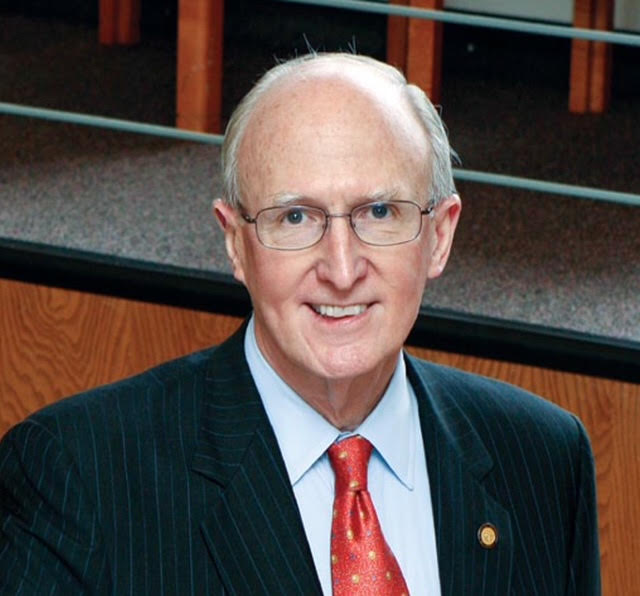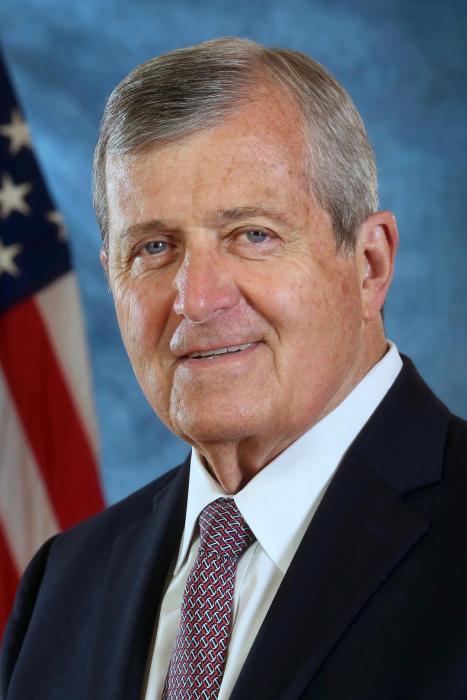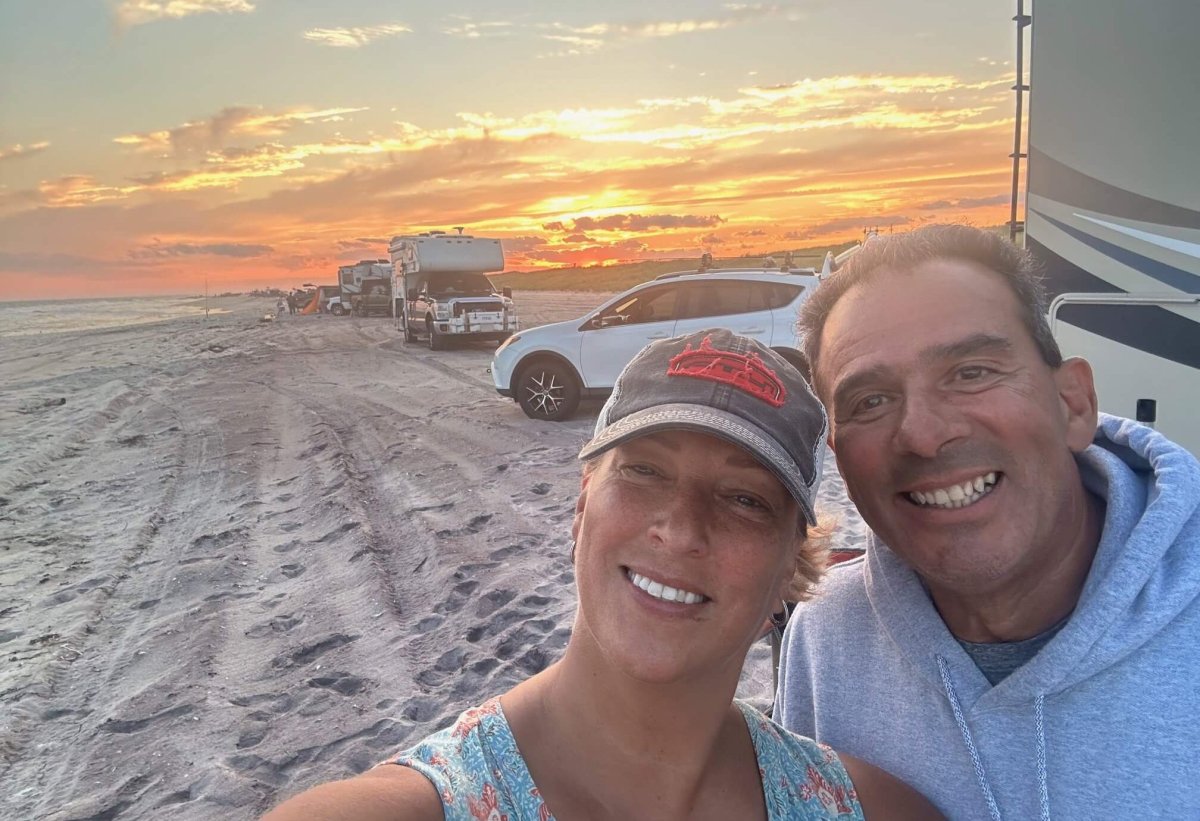 VFW Urges Congress To Include Medially Retired Veterans In The Stimulus Bill
VFW Urges Congress To Include Medially Retired Veterans In The Stimulus Bill
The VFW is urging Congress to pass the Major Richard Star Act during this challenging COVID-19 pandemic to help put money back in the pockets of veterans who were forced to retire early from military service because of battlefield injuries or illness.
“Retirement pay and VA disability compensation are fundamentally different benefits, granted for different reasons,” VFW National Commander William “Doc” Schmitz said. “To deny earned retirement pay for veterans who were unfortunately medically retired early because of wounds or illness sustained on the battlefield is an absolute injustice that must end now.”
The Major Richard Star Act would eliminate the unjust offset for 42,000 Chapter 61 retirees who suffered injuries in combat. This is a modest segment of the approximately 450,000 military retirees who are unjustly denied their retirement pay.
VA Tele-Hearing Modernization Act Now Law
The president recently signed the VFW-supported VA Tele-Hearing Modernization Act into law. The new law permits appellants (in disability compensation cases before the Board of Veterans’ Appeals (BVA) to appear remotely by picture and voice transmissions also known as “Tele-hearings,” from locations other than VA facilities.
“Tele-hearings provide veterans with an opportunity to conveniently attend hearings for their disability compensation cases before the Board of Veterans’ Appeals,” VFW Washington Office Executive Director B.J. Lawrence said. “The VFW lauds the enactment of this law, which will significantly improve access for veteran appellants in disability compensation cases and would permit a greater number of veterans to participate in the appeals process.” The VFW thanks all original cosponsors for their efforts to expand veteran access to tele-hearings.
VFW Sends Letter To President Trump To Keep VSO 48-Hour Claims Review
The VFW recently sent a joint Veterans Service Organizations (VSO) letter to president Trump requesting that he direct VA Secretary Wilkie to maintain the policy of permitting VSOs to review claims decisions within the 48-hour preceding promulgation. During the 48-hour review period, VSOs inspect claims for accuracy to ensure that all claims were properly evaluated and are free from error prior to a veteran receiving notification of a rating decision.
“The 48-hour review period is an essential feature of the VA claims process,” stated VFW National Commander William “Doc” Schnitz and the leaders of seven other VSOs. “Eliminating VSO review prior to finalizing a claim decision would lead to VA wrongfully denying veterans their earned benefits because of correctable errors. Moreover, this abrupt policy change comes amidst the nationwide public health crisis caused by COVID-19. During these uncertain times VA should not implement broad policy changes to veterans’ claims adjudication, which will only bring about more uncertainty.
Emergency Stimulus Checks
All eligible veterans will receive their 2020 stimulus check regardless of whether they filed taxes or not. Veterans who do not file taxes because they relay on VA benefits are still eligible to receive stimulus checks. Such veterans can go to the IRS Coronavirus Tax Relief and Economic Impact Payments webpage to input their direct deposit and dependent information to help expedite and track when they will receive the stimulus checks. Eligible individuals for whom the IRS does not have direct deposit information and do not submit their data electronically will instead receive paper checks through the Mail, which is estimated to take several months.
VA To Reimburse Denied And Rejected Non-Department Emergency Claims
Many veterans will start having their rejected emergency room expenses reimbursed by VA. The action stems from a VFW-supported court case decided in September 2019, which found the VA failed to comply with laws and regulations requiring it to reimburse veterans for emergency room visits. Last week, the U.S. Court of Appeals for veterans claims, again ruled that VA’s new regulations are in violation. The court has required VA to reexamine more than 72,000 rejected claims, and update its rule. VA estimates it will need to reimburse between $1.8 and $6.5 billion in new and previously denied emergency room claims to comply with the court order.
COVID-19 Testing Costs
Under the Families First Coronavirus Response Act, TRICARE will waive co-pay for approved COVID-19 testing that is ordered by a doctor. Beneficiaries are not responsible for co-pays for tests (and related provider services and supplies) furnished on or after the date of enactment. Claims that were filled with a co-pay will be processed to remove the copayment or cost-share, Beneficiaries who already paid a co-pay for now-covered test can file for reimbursement.































